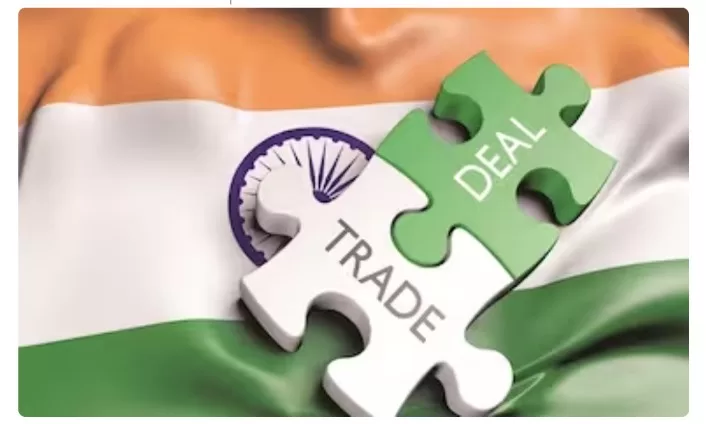New Delhi- In the ongoing discussions for a free trade agreement (FTA) between India and the UK, the demand for heightened protection of Geographical Indication (GI) products from the agriculture sector remains a focal point. British products, including Scotch whisky and renowned cheeses, are at the center of this unresolved issue.
The UK, seeking an advanced level of protection for its GI products, is targeting items deeply rooted in its agricultural heritage, such as Scotch whisky, Stilton cheese, and Cheddar cheese. GI is a designation granted to products originating from a specific geographical area, ensuring quality and distinctiveness. While India traditionally provides general protection for GI violations, the UK aims for a more stringent safeguard.
Negotiations between the two countries are underway, with intellectual property rights (IPRs) emerging as a key sticking point. The UK is advocating for a level of protection in line with the Trade-Related Aspects of Intellectual Property Rights (TRIPS) under the World Trade Organization. TRIPS outlines stringent measures, ensuring that a GI product genuinely originates from the designated area.
Experts suggest that the UK’s demand for elevated GI protection primarily benefits its strong export segments, including wines, spirits, and dairy products. However, India is urged to negotiate firmly for reciprocal benefits, extending similar protection to Indian products. Notable items carrying the Indian GI tag include Basmati rice, Darjeeling Tea, and Chanderi Fabric.
Commerce Secretary Sunil Barthwal emphasized that negotiations are ongoing without a specific deadline, highlighting the complexity of the issues under discussion. India and the UK initiated talks for the FTA in January 2022, and while progress is being made, some challenges, particularly in the IPR domain, continue to be addressed.
Expert Opinions
Nilanshu Shekhar, founding partner at KAnalysis, stresses the need for balanced negotiations, urging India to secure elevated GI protection for a broader range of its products. Abhijit Das, an expert on internal trade and WTO-related issues, emphasizes the importance of reciprocity, cautioning against potential adverse consequences for Indian products like cheese.







